Until Now, Google’s self-driving cars project has been quite impressive already, but the company has announced new strides that takes things to the next level. They’ve gotten it to a point where the cars can detect road obstacles, vehicles, pedestrians, bikers, hazards, construction detours and more without the guidance of a human. Those strides have allowed them to take the car off predictable, non-complex freeways and onto the streets of Mountain View.
By their own admission a city street scenario is a lot more complicated to navigate and is quite chaotic to the human brain. Their big news? They’ve gotten the self-driving car’s autonomy to a level of fidelity that makes those chaotic roads a lot more predictable — so much so that the car apparently adapts to ever-changing road conditions more appropriately than a human being can.
They’ve done so with 700,000 miles of driving data, using everyday road situations to craft tons of new simulation models. The car’s various sensors can detect a boatload of stuff, from whether a car is stopping or plowing through a stop light or stop sign, to determining what direction a biker is turning based on the biker’s hand signals.
Granted, this is only one street in one Californian city, but Google’s confident that the progress they’re making will eventually lead to a car that can navigate the entirety of Mountain View without any human interaction whatsoever. How long that will take is still up in the air, but with as much time and money Google is throwing behind this project we imagine it could happen within our current lifetime.
Of course, being able to navigate an entire state or even a country is a different story, and we might not ever see that happen. Regardless, it’s all very interesting and has us excited for the future of smart cars. Their video is sitting above so take a quick two minute break to check it out.
[via Google]

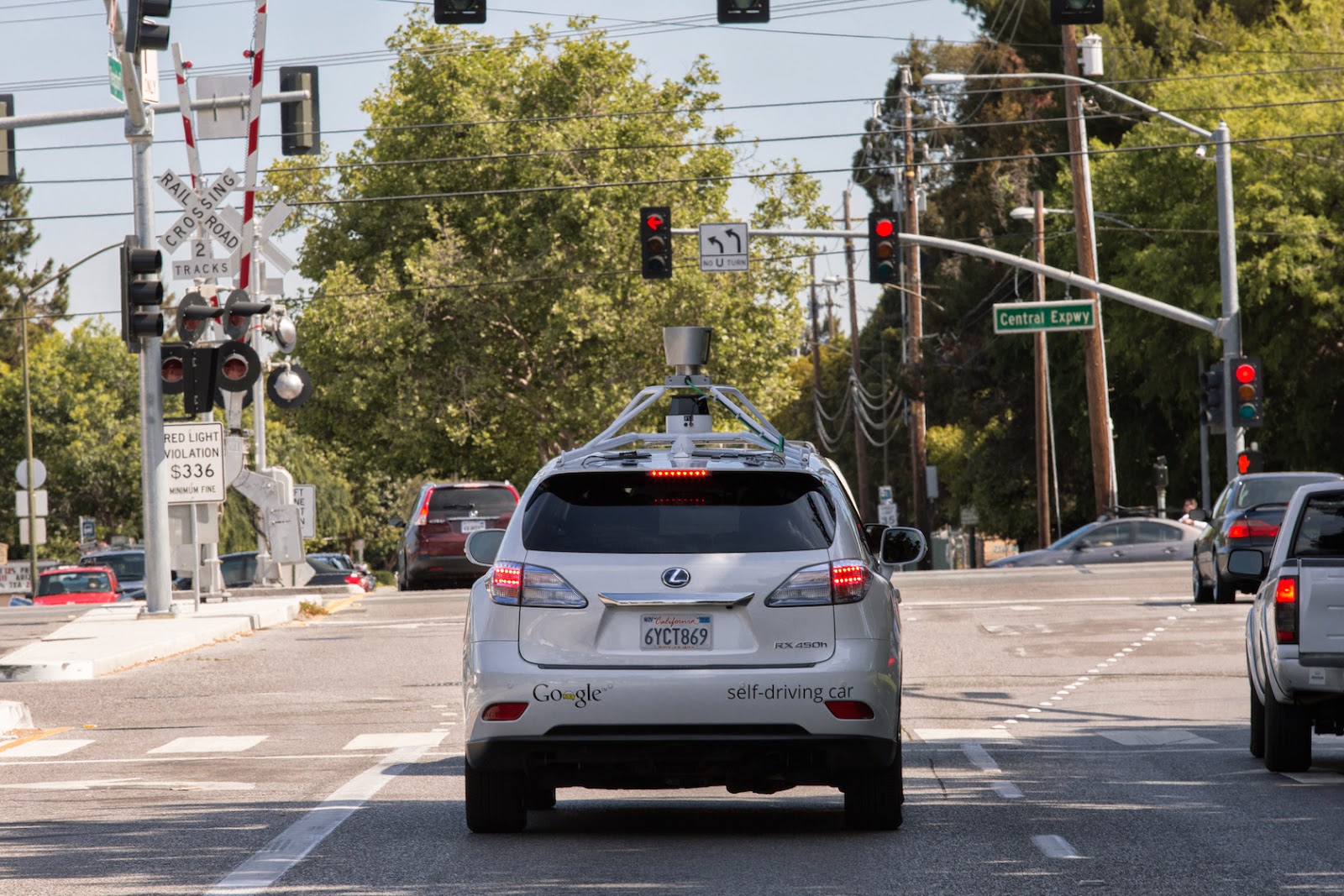
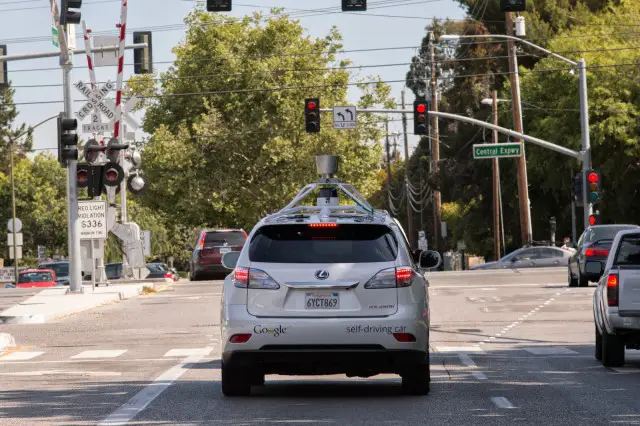





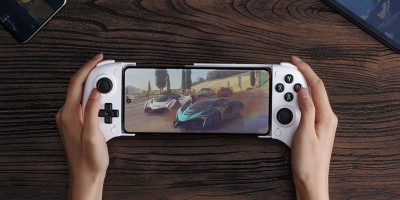
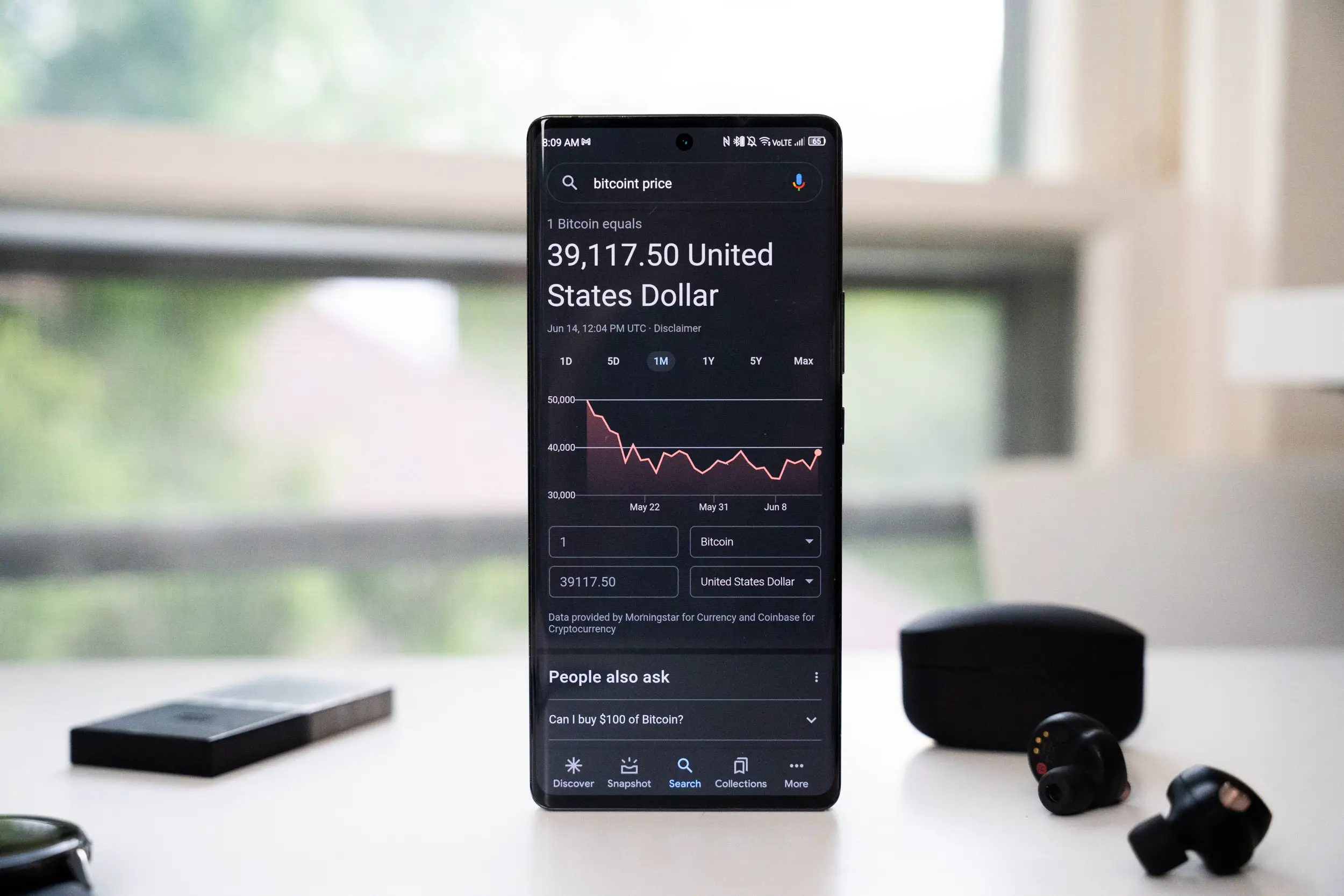


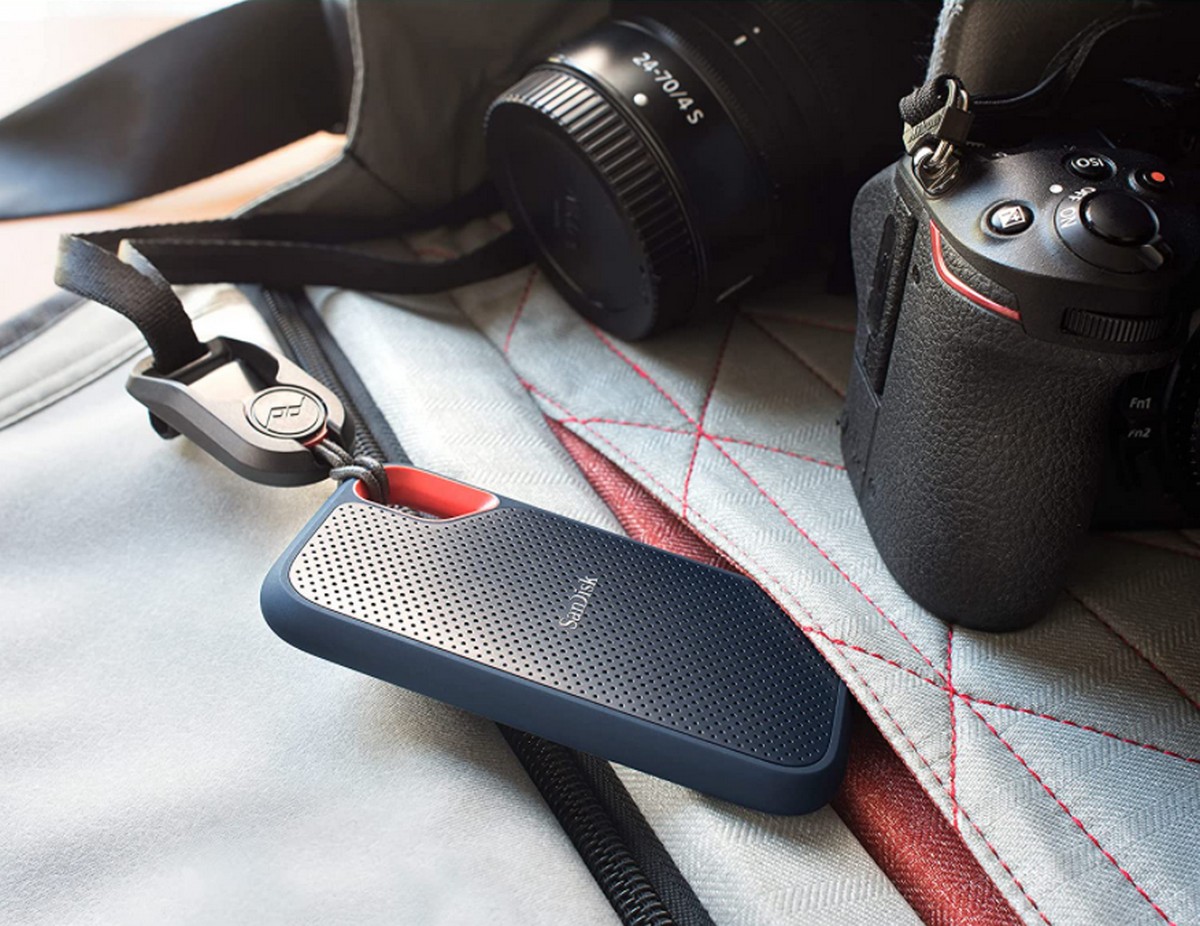
If a Google car can safely navigate around me on my bike, on a crowded city street with a tiny bike lane, then I’m all for a mandatory rollout ASAP. It’d be far better than the drivers who are too busy looking at their phones to keep an eye out for cyclists, who are also legal road users (versus sidewalk, which is illegal in my area).
If bikers actually stayed in bike lanes and followed the rules of the road set for bikes then they would not get hit nearly as often.
I’d pay money to move to a non-bike friendly city.
Go move to Venice? I’m pretty sure there’s not that many bikes there…though your car might not work great either.
I do stay in the bike lane. I stop at red lights. And I still narrowly avoid being hit by drivers not paying attention to cyclists. From being doored by a careless driver exiting a parked car, to a driver drifting over the big white line marking the bicycle lane, or just cluelessly taking a right turn and completely failing to check if there is a cyclist there (FYI, in my state it is clearly stated that a motorist turning right *must* yield for a cyclist continuing straight through the intersection).
So to bring this all back to the topic at hand, Google cars are great because they should be predictable. It’s run on a set of algorithms, and in theory will always choose the same action given the exact same scenario. Predictability is the biggest help to other road users, it’s why we have laws dictating what we should be doing (pass on the left, for instance). Add in the full 360 degree sensor coverage and things become even safer. If the sensors can detect a cyclist’s hand then I don’t imagine they’ll have trouble detecting the whole cyclist, and not crushing them. I hope.
Yeah, well if cyclists wouldn’t do stupid things, and obey the law too.
Changing peoples habits is near impossible so for me this seems like the only solution to people texting while driving or driving drunk. I really think the government needs to embrace this and just make sure there are strict standards in place. It could make the world a safer and better place..and I could sleep on my commute ;-)
I see liability issues making this unlikely to ever see market. All software has bugs and you can’t conceive of every possible variation of event, so who is liable when an accident does occur? Today, it’s the driver(s) involved. Will Google and/or an automobile manufacturer be willing to accept financial responsibility when something goes wrong?
Even if this reduces the total number of accidents, lawyers are likely to see a much larger potential payoff when they do happen.
Right now I believe in the few states where it is okay the driver must be alert and be able to switch it into manual mode to avoid anything making it the drivers responsibility. I think eventually when popularity and improvements have been made the responsibility will switch and insurance will need to be placed upon the automation manufacturers, in this case Google. Humans are more prone to errors than computers, you just need to get to the point where you have all the use cases taken care of which will take a considerable amount of time and effort but that doesn’t mean we shouldn’t try.
The point isn’t whether the computer can do it better. The technology isn’t the issue. The point is whether Google or any corporation would be willing to accept responsibility for every fender bender that does occur? Would their lawyers and insurers allow them to?
We get massive class action suits over pharmaceuticals that help 99% of the people who take them, but 1% have side effects. Do you think that won’t happen because some software glitch caused the car to apply slightly too much or too little brake on a damp road at 32 degrees? Would you be willing to accept that kind of liability for every car on the road?
I imagine that it would be circumstantial but yes that would need to accept it at a certain level. However an accident could be unrelated to software if it was the other persons fault or if a tire blew at the wrong moment or the owner did not change the brakes when they should have. There is certainly a lot to think about and it could be feasible for the owner to be liable in some circumstances. Black boxes and even more sensors will need to be placed in the car to document such events which would then need to be analysed to determine who is at fault but my assumption is that maintenance would be handled by the manufacturers and they would have insurance and maintenance rolled into one monthly fee that covers it all.
Not a chance that manufacturers will accept any liability regarding accidents that aren’t directly related to mechanical or material failure. Just as it is today. It won’t matter if the vehicle is in full-autonomous mode, as the states will still require a licensed driver behind the wheel at all times – and that driver will still need insurance and take the risk.
Think about it in terms of the airline industry today. Modern jets are capable of 100% autonomous flights, but liability still falls directly on the pilot & airline, unless there is a mechanical / material defect caused by the manufacturer.
You are probably correct that there will be a black-box required in all autonomous vehicles.
“Will Google and/or an automobile manufacturer be willing to accept financial responsibility when something goes wrong?”
The answer is clearly No. Just as it is today, human drivers will still need a license, and will still require insurance and will still have to accept the risk when behind the wheel. The state’s laws will see to it. See my comment below about the airline industry.
Google won’t be manufacturing the cars. The car makers will be liable much like if brakes fail on a particular model of cars today. We tend to forget that cars right now have lots of tech in it now like ABS brakes, cruise control, electronic ignition, even tire treads or windshield glass. Just about any technology that comes out that folks freak out over, their argument and issues have been talked about previously.
“…the car apparently adapts to ever-changing road conditions more appropriately than a human being can.” That’s not a big challenge considering some of the drivers I’ve witnessed. :)
In all seriousness, I do believe that Google cars will do a better job compared to humans, and no I don’t expect Google to be liable. I use Android and Microsoft products and if I do something to get a virus, I don’t expect them to be liable for that either. Someone mentioned airplanes, and I don’t believe those guidance systems are liable if a plane has an issue. I don’t really understand why anyone would truly expect Google to say, “sure…sue me if something goes wrong.”
Liability is based on negligence. The extent to which they are liable will be based on the assurances they make regarding the safety of their vehicles, and the extent to which their self-driving cars meet those assurances. In any event, if the self-driving car crashes due to a fault of its own, it’s likely Google would have some liability, just as a human driver would. If Google were to disclaim all liability, their self-driving cars wouldn’t become street legal, just like a person without insurance can’t legally drive.
This would be great as a replacement for mass transit buses or trains. It could be like on demand bus. I would say a good 30% of my okd commute was just standing waiting for the train and bus. The train ride itself is less than 20 minutes but I’m on the platform for 25 then transfer to the bus. 10x worse after rush hour. Now I drive and I can’t believe how many times per day there are drivers on their cell and you can always spot them ahead of you because of their cars drifting into other lanes or constant breaking with nobody in front of them.
No, it would NOT be a good replacement for those. I take solace in the fact most others agree with me :)
my Aunty Eva recently got a nice 12 month
old Audi allroad Wagon by working off of a macbook… look at this site CashDuties.ℂom